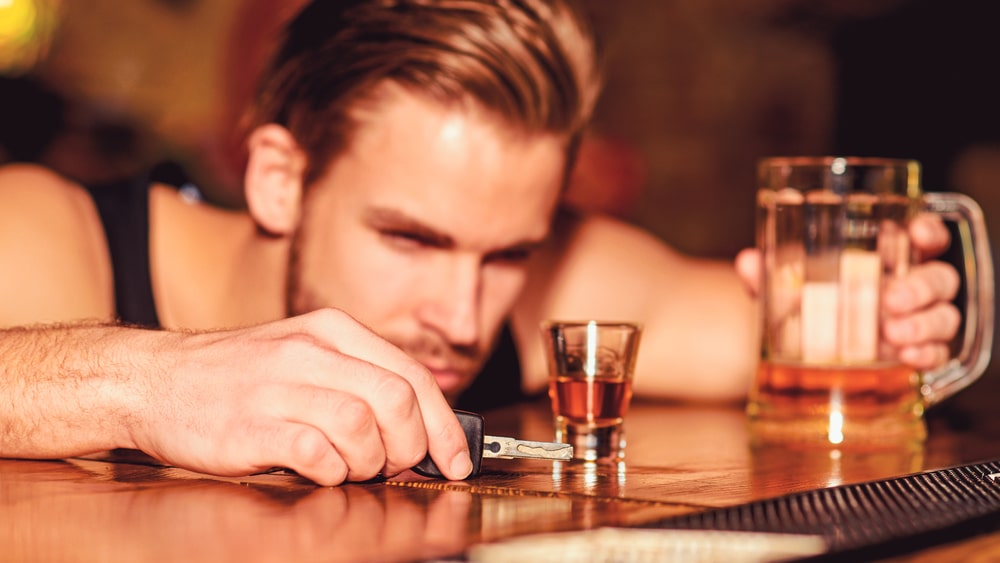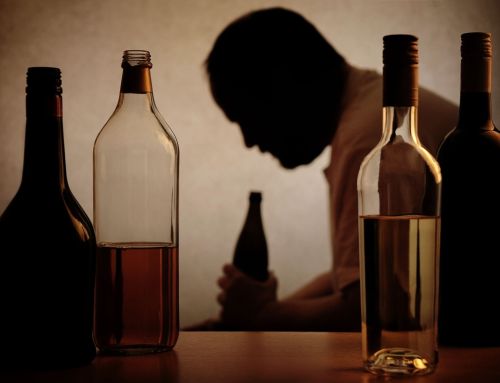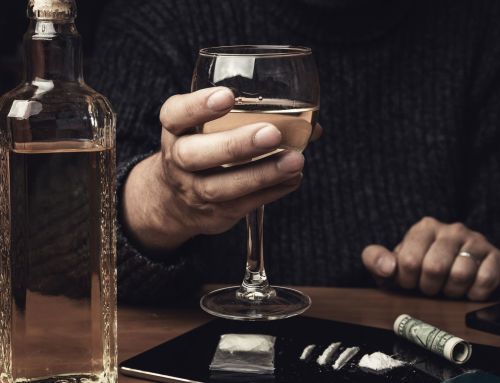
Social drinking has become a huge part of our culture. Whether we like it or not, alcohol is readily available in most places. Many use it as a way to socialize, relax, and even celebrate with their peers and family members. Occasional drinking or consuming alcohol a few times a week is normal and harmless. The cultural attitude on this topic often remains unchallenged in our society, which doesn’t do much to provide clarity on when/if social drinking becomes an issue.
The practice has become endemic to the point of these problems being overlooked altogether! What is the difference between social drinking vs. problematic drinking? As a provider of alcohol and drug intervention services, North Jersey Recovery Center believes that education on these matters is vital. Everyone should be able to discern the signs, so that they can avoid the risk of developing an alcohol use disorder. Here is everything you need to know on the warning signs.
What Is A Social Drinker?
It’s not always easy to define the lines that separate people into the camps of social drinking, problem drinking, and alcoholism. Some will try to put a number to it, but we do not condone this way of thinking, since doing so would be an oversimplification. Definitionally, social drinking is someone who regularly drinks alcohol in many kinds of social settings. Social drinking is heavily imbued in American culture. Contrary to popular belief, we are not the first nation to use alcohol as a social lubricant. Alcohol and socializing have had a harmonious relationship for several decades.
From ancient Greece to the days that the early colonial settlers stepped foot in America, wine, beer, and other alcoholic beverages were creating friendships and meaningful connections with others. Alcohol’s prominence in a social setting has not waned, and it continues to be a popular way for people to socialize. If you drink responsibly and moderately, no one, including us, will disavow the behavior. It’s only when it becomes a problem that an addiction specialist or that person’s inner circle will intervene, or best case scenario, that person gets a grip on their own predicament.
Social Drinking Vs. An Alcoholic
It’s important to note that not every social drinker is on the brink of collapse and doomed into becoming a full-blown alcoholic. For many, social drinking does not disrupt your life or cause serious physical and mental ailments, it only becomes an issue when you lose self control and develop a dependency for alcohol. How does this happen? Let us explain. You may start off as a social drinker and slowly develop problematic behaviors if you are drinking copious amounts of liquor. The act of casual, social drinking could quickly evolve, leading those to spend a lot of their time drinking alone. They might turn to alcohol when they are bored or lonely, and may even make it a point to fit drinking into their daily schedule.
People that go from social drinkers to alcoholics might be able to curb the addiction on their own without assistance, but a good deal of patients might find this to be too much of a challenge to conquer without proper alcohol and drug intervention services. The increase in consumption will naturally boost your tolerance, often prompting people to drink more to achieve the same results. More often than not, drinking problems typically develop in your late teens or early twenties and can be highly influenced by peer pressure.
When this problem manifests it can lead to frequent bouts of binge drinking, routinely blacking out, or finding yourself in a drunken stupor for days on end. Problem drinkers can function normally without giving alcohol as much as a second thought. As they evolve in their maturation process, a vast majority of people with an alcohol problem can give up alcohol without any withdrawal symptoms, separating themselves from addicts. Alcoholism is what happens when erratic drinking becomes a health condition. It’s an inability to cut back down on alcohol unless a professional intervenes to administer alcohol and drug intervention services. Alcoholics are incapable of predicting or controlling their consumption amount, once they start. In fact, a good amount of addicts will be in denial that they even have a problem and will find ways to rationalize the behavior, even if the state of the addiction worsens.
Is My Drinking A Problem?
Drinking is not the only way to unwind, relax, or celebrate a momentous occasion. There are many other ways to have fun, yet people will still consume alcohol without thinking of the immediate consequences. Alcohol is a toxin. Excessive amounts can leave lasting effects on your body and overall health. As stated earlier, not all social drinkers are going to become alcoholics, but for others, the decline can be apparent from several different factors. If you find that your social outings revolve around drinking an absurd amount of alcohol several times a week, it’s time to take a close, honest look at your behavior. Your drinking may be something more than just a way to socialize.
If any of these signs sound familiar, your social drinking might actually be alcoholism:
- You don’t know when to stop drinking
- You can’t stop, even if you know that it’s time
- You drink outside of meals
- You engage in multiple binge drinking sessions every week
- You are inebriated even before arriving to a social event
- You surround yourself with other heavy drinkers
- You may be driving drunk
- You are actively participating in other risky behaviors
- You deal with regular blackouts
- Friends or family avoid you when you drink
- You use alcohol as a reward
- You might finish other people’s drinks
- It’s hard to picture your life without alcohol
- You get defensive when your drinking comes into question
Do any of these symptoms relate to your personal situation? If so, it might be time to seek alcohol and drug intervention services.
Alcohol And Drug Intervention Services With The Professionals
Developing a treatment plan is a critical component of the addiction recovery process. North Jersey Recovery Center will set you up for long term success on your journey to recovery. A new life devoid of alcohol and drug use is within your reach. Contact us today to finalize your involvement with our alcohol and drug intervention services. You can also read up on our alcohol treatment services here.










